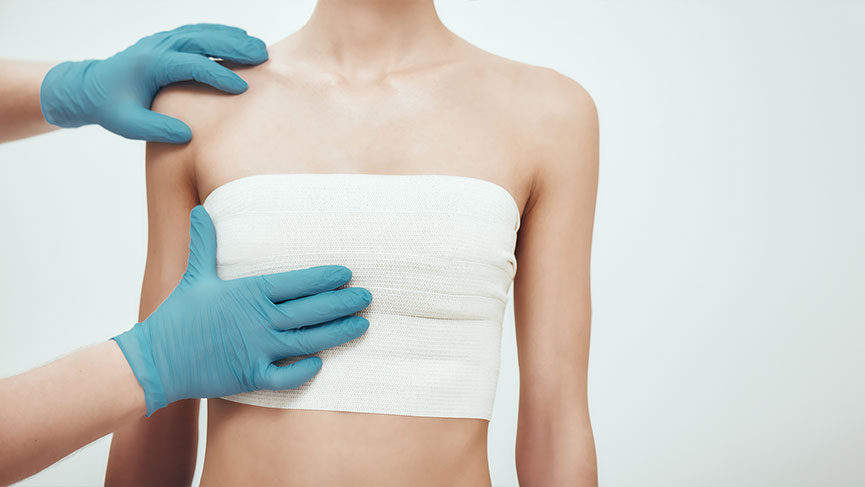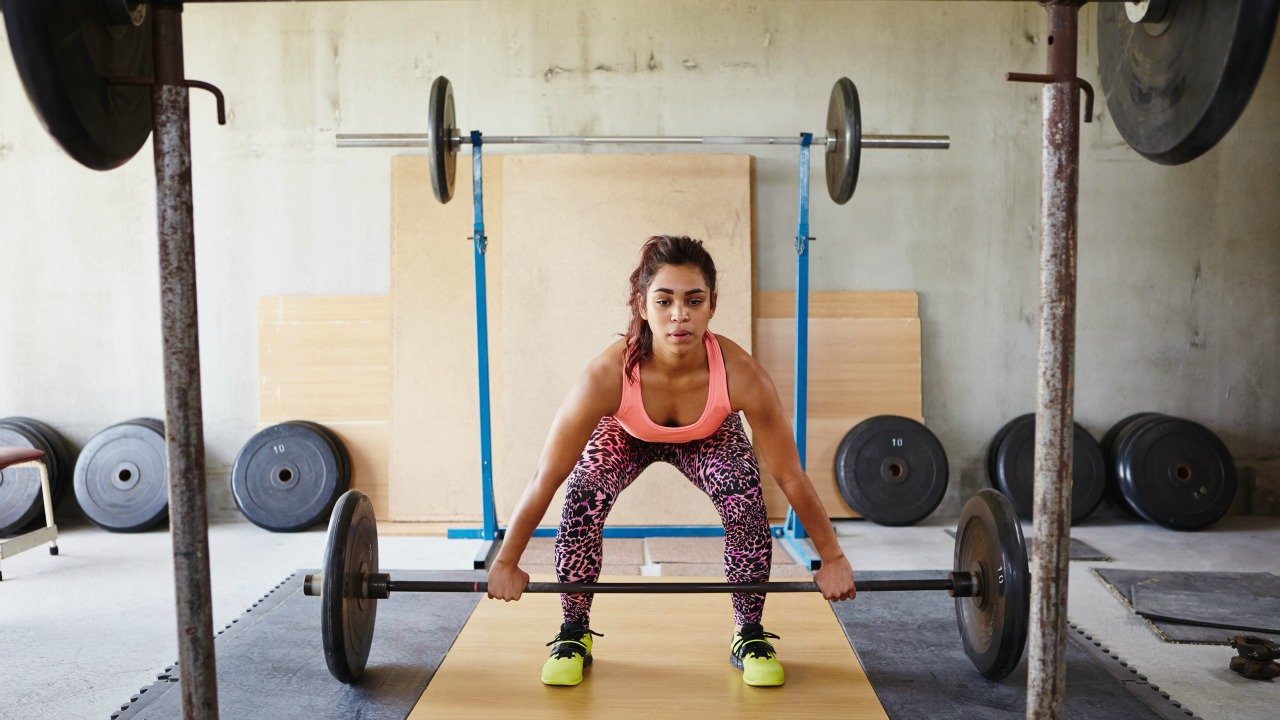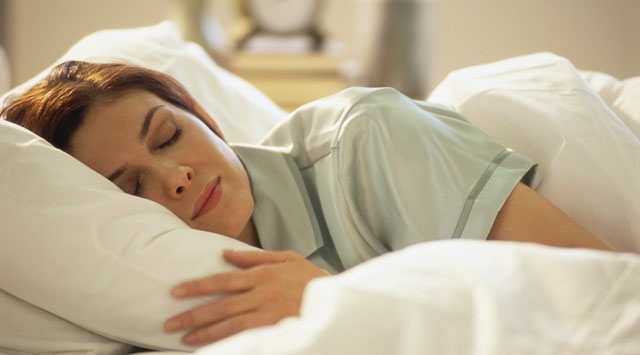
Warnings From The Specialist About Breast Job
Breast AugmentationWritten by Emel Gerdaneri.
Warnings From The Specialist About Breast Job
Breast job is among the most performed surgical treatments in the world. In particular, the patient's quick and smooth return to his normal routine, a process that is prevented by unexpected complications, is the first goal of almost everyone.
Plastic Surgeon Osman Kelahmetoglu MD explained the things to be considered in the process after breast job:
“In order to reduce the risk of complications in the days following the surgery, I tell my patients the instructions they need to pay particular attention to and give them in writing. Let's examine them one by one now:
The First Few Days After Breast Jobs
 For the first few days after surgery, get plenty of rest, relax, don't strain your body, and focus on pampering yourself. You can also get help from a family member or friend for the first 24 to 48 hours.
For the first few days after surgery, get plenty of rest, relax, don't strain your body, and focus on pampering yourself. You can also get help from a family member or friend for the first 24 to 48 hours.
Things to Consider After Breast Jobs
Nausea:
 Breast job is often performed under general anesthesia and may be hospitalized for 1 night depending on the situation. As the anesthesia wears off, some patients may experience nausea and vomiting.
Breast job is often performed under general anesthesia and may be hospitalized for 1 night depending on the situation. As the anesthesia wears off, some patients may experience nausea and vomiting.
As part of your post-augmentation care, your doctor may prescribe anti-nausea medications that can be taken every six hours to control symptoms for the first 24 to 48 hours.
Pain:
 After the anesthesia wears off, you may begin to feel pain around the surgical site as your body begins to heal. Painkillers can be used to keep you as comfortable as possible.
After the anesthesia wears off, you may begin to feel pain around the surgical site as your body begins to heal. Painkillers can be used to keep you as comfortable as possible.
However, for optimal aftercare, patients can also reduce their pain with cold compresses. If these do not provide sufficient relief, you can consult your doctor about the dosage of pain relievers to relieve symptoms.
Do not drink alcohol or drive while taking prescription pain medication, as you may feel drowsy or dizzy after breast augmentation. Combining medications with alcohol can exacerbate these effects and possibly damage your liver.
Do not take aspirin or any derivatives because aspirin thins the blood, prevents blood from clotting and can slow down the healing process.
Muscle Cramps:
 For muscle aches and cramps, a muscle relaxant may be prescribed that can relieve muscle-related discomfort, especially in your back, neck, chest, or shoulders.
For muscle aches and cramps, a muscle relaxant may be prescribed that can relieve muscle-related discomfort, especially in your back, neck, chest, or shoulders.
If you are taking pain medication, wait at least an hour before taking a muscle relaxer. This will help reduce any drowsiness you may experience.
Wound Infection:
 A prescription antibiotic is given to prevent infection at or around the surgical site. In this way, the process is easily circumvented.
A prescription antibiotic is given to prevent infection at or around the surgical site. In this way, the process is easily circumvented.
Activities:
 You should try to get up and move slightly on the evening of your surgery as doing so will help prevent blood clots. You need to restrict arm movements, including bracing yourself or lifting yourself out of bed.
You should try to get up and move slightly on the evening of your surgery as doing so will help prevent blood clots. You need to restrict arm movements, including bracing yourself or lifting yourself out of bed.
In addition, it is not suitable for you to lift objects heavier than 2-3 kilograms. So if you have small children, it's good to have someone to help you with household chores.
Depending on the type of surgery, from 2-3 days, many patients can gradually return to normal without strenuous physical activity.
Sleep:
 For optimal recovery, we recommend sleeping on your back rather than face down or sideways.
For optimal recovery, we recommend sleeping on your back rather than face down or sideways.
Personal Hygiene:
 On the second day after breast augmentation, you can remove your bandage, but you cannot remove the ster-strip bandages along the incision.
On the second day after breast augmentation, you can remove your bandage, but you cannot remove the ster-strip bandages along the incision.
At this time, you can take a shower, paying attention to the bandages. We do not allow bathing, jacuzzi or swimming for a while.
Your recovery also requires the use of a special surgical garments designed to support your implants and aid healing.”
Get more information about Breast Augmentation
Written on 08/08/2022
-
Last Update: 03/11/2023

 Ask a Doctor
Ask a Doctor




